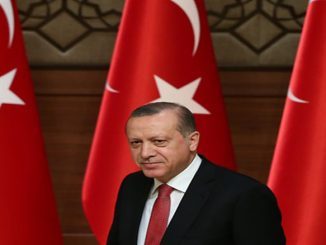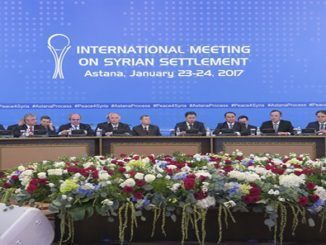
By: Talha Kose *
What kind of strategies can work against such a clandestine organization? Is it possible to de-radicalize the followers of such a fundamentalist group? How can international cooperation be facilitated against the provocative speculations disseminated in the international media? What sort of strategies can be followed against the leadership and messianic ideology of the FETO?
The key factors that can facilitate purge of the FETO are closely connected to the organizational structure of the FETO network. The FETO is a hierarchically organized network and the leader of the organization, Fethullah Gülen, has himself absolute command and direct control over the entire organization. It is very difficult to manage such a complicated organization with operations in almost 140 countries and those who are placed in the middle ranks of the organization are only chains in its command and control system.
In the short term the main challenges, in order to deal with the FETO, are to dissolve the organizational structure, cut the material and human sources of the organization and to purge the militants and supporters from bureaucracy and civil society. The medium term challenge is the problem of radicalization of the militants and followers. When they are removed from the bureaucracy they may be immediately radicalized and resort to violence to destabilize Turkey. They may create crime networks, mafia style organizations and other secret illegal networks to threaten ordinary people and officials. Therefore, in the long term the main challenge is to de-radicalize the body of the followers. This will be a long term challenge but the religious scholars, social scientists and bureaucrats need to deal with the “Gülenist belief system”, delegitimize the deviant symbolic system , replacing it with legitimate conventional beliefs.
* Talha Kose is a researcher for security studies in SETA
Source: Foundation for Political, Economic and Social Research, SETA



